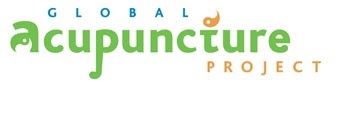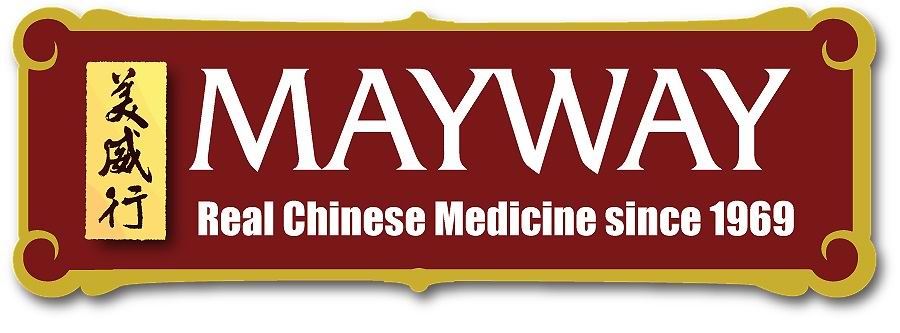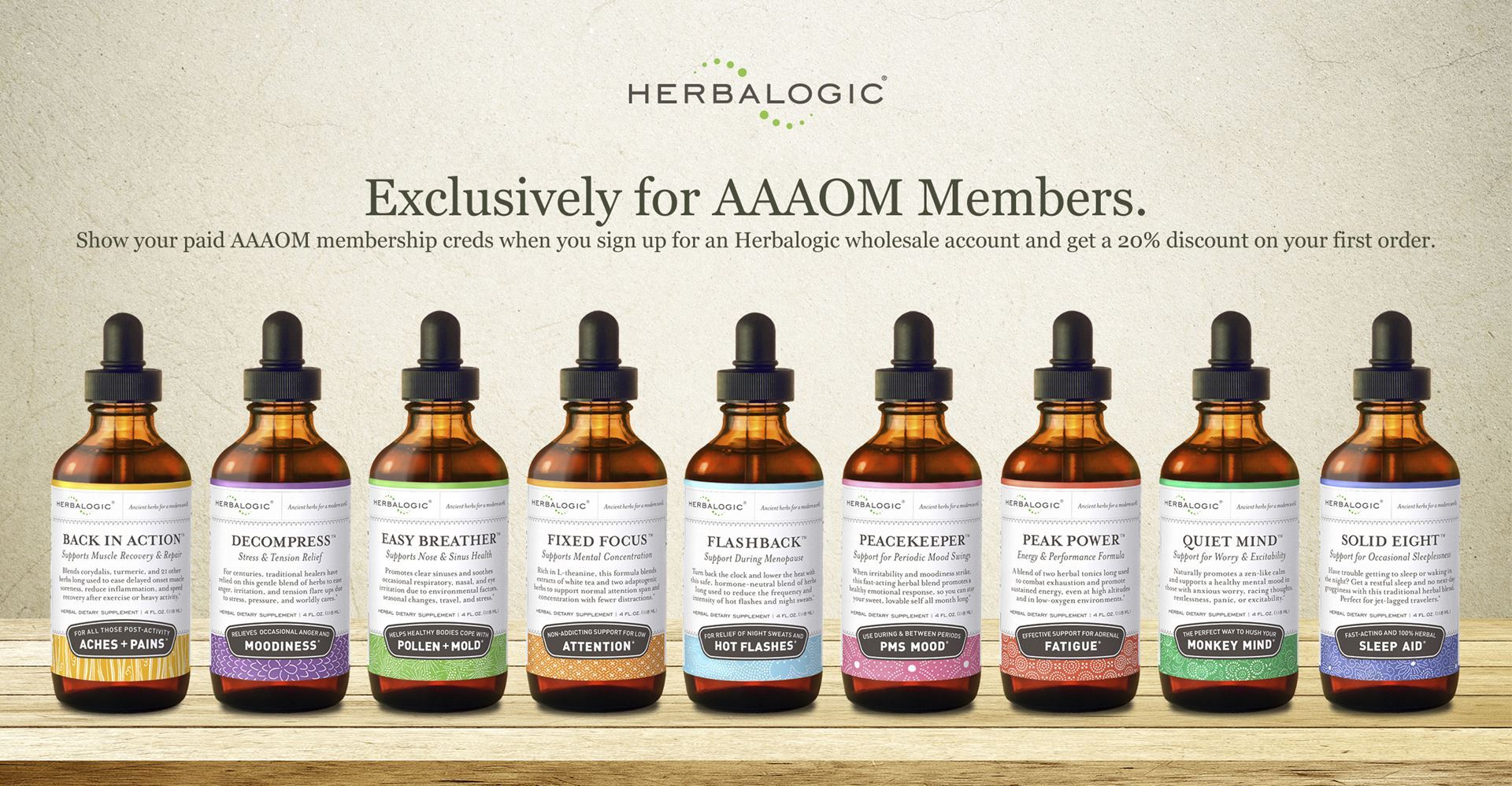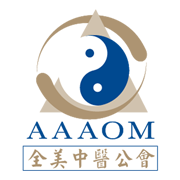|
Curr Drug Metab. 2011 Dec;12(10):989-96.
TOXICITIES BY HERBAL MEDICINES WITH EMPHASIS TO TRADITIONAL CHINESE MEDICINE.
Efferth T, Kaina B.
SOURCE
Department of Pharmaceutical Biology, Institute of Pharmacy and Biochemistry, University of Mainz, Staudinger Weg 5, 55128 Mainz, Germany. efferth@uni-mainz.de
ABSTRACT
It is estimated that three quarters of the world population rely on herbal and traditional medicine as a basis for primary health care. Therefore, it is one of the most important and challenging tasks for scientists working in drug research to investigate the efficacy of herbal medicine, to dissect favorable from adverse effects, to identify active principles in medicinal plants and to ban poisonous plants or contaminations from herbal mixtures. In the present review, some problems are critically discussed. Botanical misidentification or mislabeling of plant material can play a role for toxic reactions in humans. Some plant descriptions in traditional herbal medicine (e.g. traditional Chinese medicine) have changed over time, which may lead to unintended intoxication by using wrong plants. A problem is also the contamination of herbals with microorganisms, fungal toxins such as aflatoxin, with pesticides and heavy metals. Unprofessional processing, which differs from safe traditional preparation represents another potential source for herbal poisoning. Unwanted effects of herbal products may also develop by the interaction of herbs with conventional drugs upon concomitant intake. The art of herbal medicine is to dissect pharmacologically and therapeutically valuable herbal drugs from harmful and toxic ones and to develop combinations of medicinal plants as safe and efficient herbal remedies. Standardization and strict control measures are necessary to monitor sustainable high quality of herbal products and to exclude contaminations that badly affect patients consuming herbal medicine.
PMID: 21892916 [PubMed - indexed for MEDLINE]
Tags: adverse events research side effects
|




